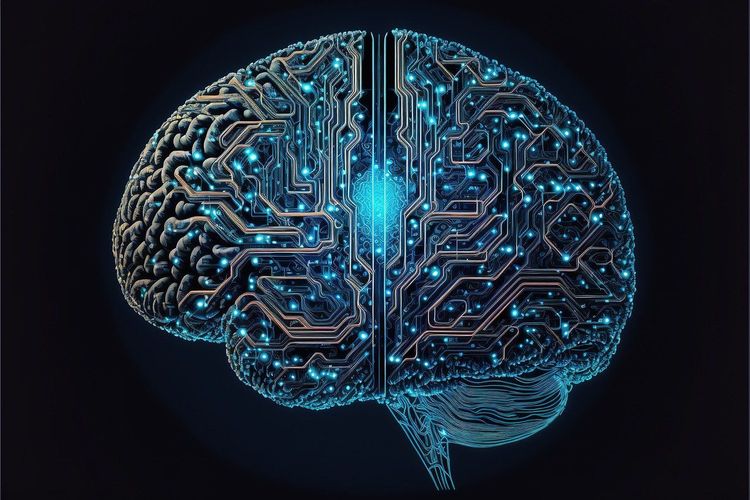ChatGPT Targeted by Cyber Hackers: Insights and Implications
Most people like

In today's rapidly evolving digital landscape, the intersection of artificial intelligence (AI) and immersive experiences is captivating a growing audience. As technology advances, the AI community is harnessing innovative tools to transform how we interact with our environment, enhancing both entertainment and learning. Exploring this dynamic fusion not only highlights the potential of AI but also showcases its role in crafting engaging, immersive experiences that resonate with users. Join us as we delve into the ways AI is revolutionizing our understanding and engagement with the world around us.

Unlock the Power of SEO with AI Insights: Boost Your Content Ranking on Google
In today's digital landscape, understanding SEO is crucial for enhancing your online presence. With the integration of AI insights, optimizing your content has never been easier. Discover how AI can help you elevate your content strategy and improve your rankings on Google, ensuring that your message reaches a wider audience effectively.

ComplyCube stands out as a leading SaaS platform that delivers swift and precise customer identity verification solutions.

Freshly.ai harnesses the power of artificial intelligence and human collaboration to fully unlock AI's potential. By enhancing capabilities through this unique synergy, we deliver outstanding results that exceed expectations. Discover how our innovative approach transforms creativity and productivity.
Find AI tools in YBX



